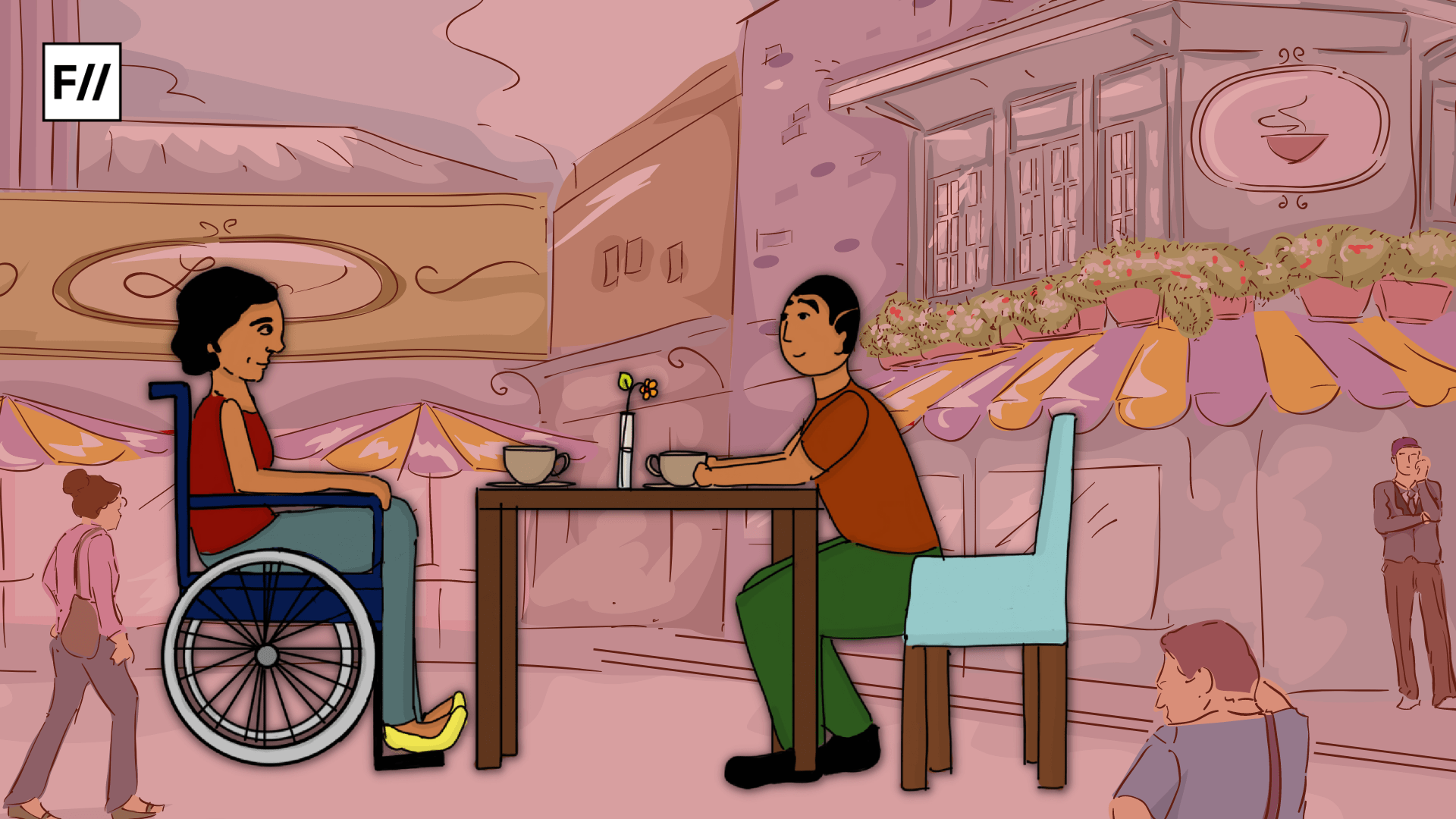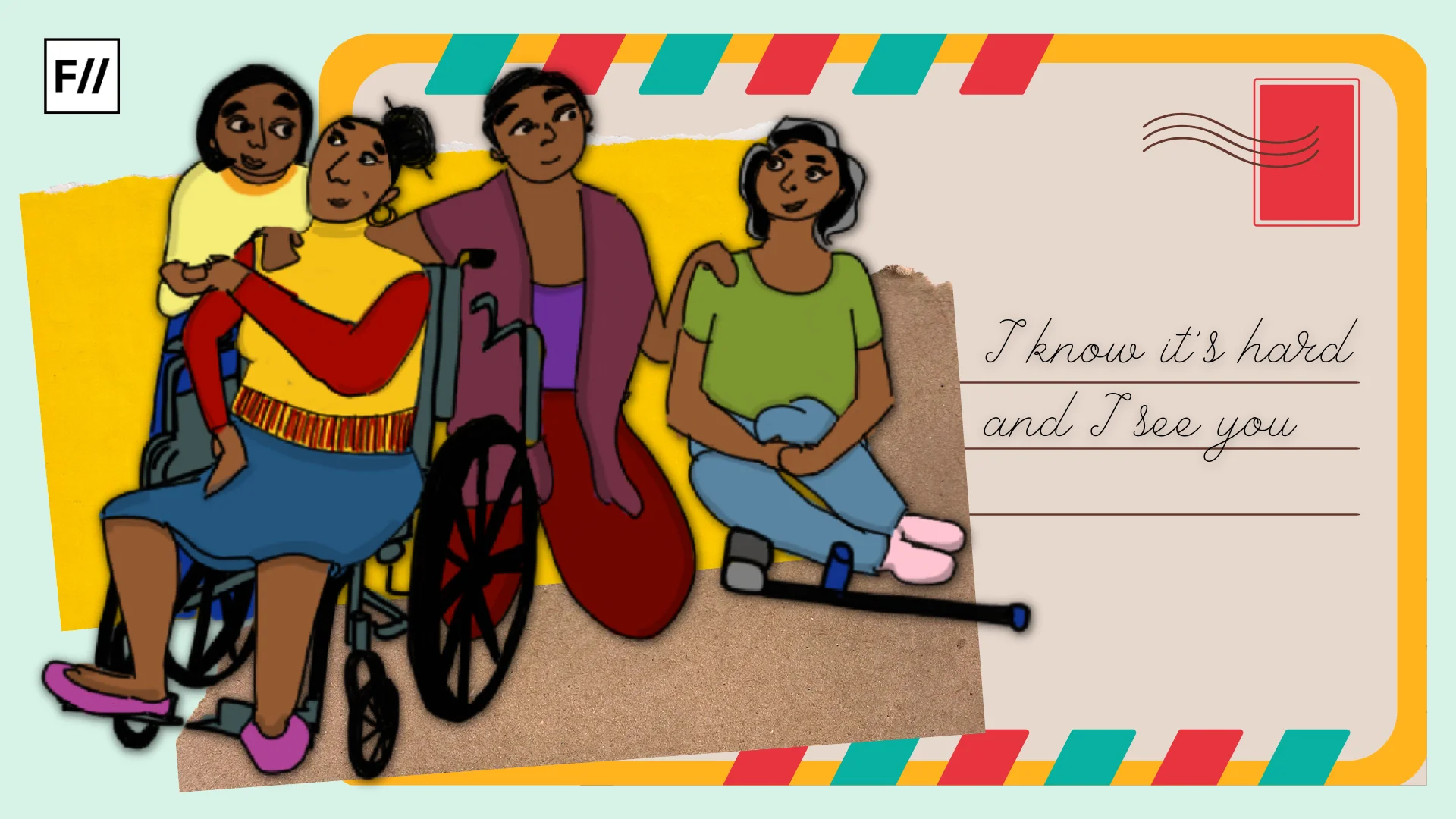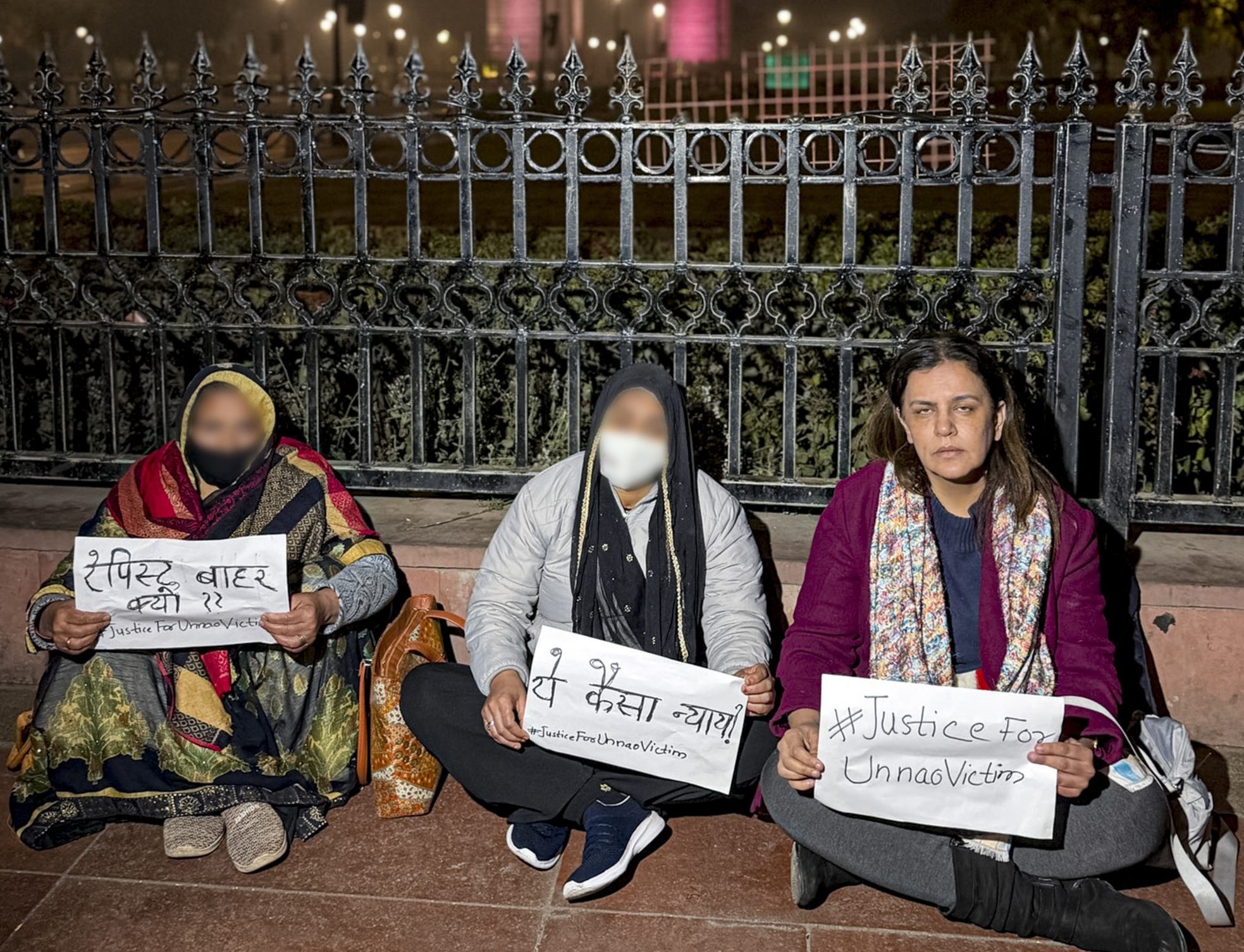The budget for the fiscal year 2024-25 shows that India still falls short of guaranteeing rights to persons with disabilities. Underfunding, improper utilisation of available funds and lack of comprehensive implementation of policies continue to plague the lives of persons with disabilities.
The Department Of Empowerment Persons With Disabilities has been allocated a total of Rs.1225.27 crore in the fiscal year of 2024-25. This amount is far from what Disability Rights organisations advocate as necessary for the greater inclusion of individuals with disabilities.
Significant pitfalls
The Government Of India has allocated extremely meagre amounts. National Platform for the Rights of the Disabled (NPRD) has demanded the allocation of 5 per cent of the funds across ministries for the welfare of persons with disabilities while the Government has allocated only 0.025 per cent of the funds. The Wire has reported that “The allocation for the implementation of the Rights of Persons with Disabilities Act, which this government failed to implement has been decreasing for years now. The allocation was reduced by 37.5 per cent from 240.39 crore in 2022-23 to 150 crore in 2023-24, and this year it was further cut by 9.78 per cent to 135.33 crore. In 2022-23, a little above half of the allocated funds, 65.59 crore, were utilised.”
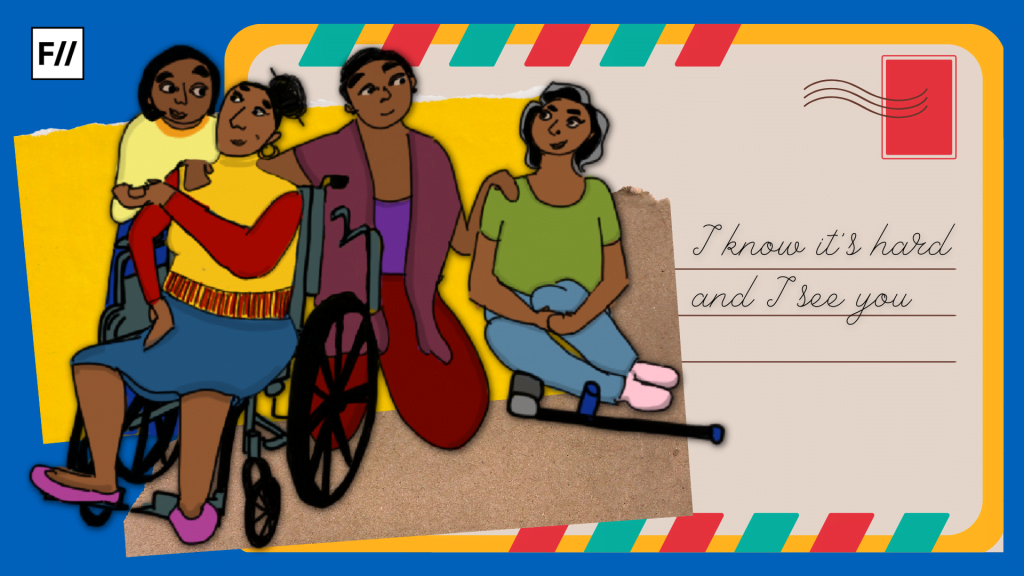
Targets set by the Government under the Accessible India Campaign have not been met. Reaching its primary target of making buildings, public transport and digital platforms more inclusive for individuals with hearing, mobility and vision disabilities is far from successful.
The scheme aimed to make 25-50 key government buildings in 50 cities fully accessible by March 2018 but poor implementation made the Government shift it to June 2022. Although the Government has proposed retrofitting 1484 buildings across states only 577 buildings have been retrofitted so far. The transport sector is equally disability-exclusive. Only 20 airports in India have ambulifts for persons with difficulty of movement.
The 2021-22 annual report of the Ministry Of Social and Empowerment shows that 709 railway stations in India have been made accessible railway stations still lack necessary infrastructure like accessible train doors, accessible toilets and accessible ticketing systems. Persons with Disabilities still find it extremely difficult to access government websites especially those of the Indian Railways.
The needs of education and employment also remain largely unaddressed. Muralidharan the General Secretary Of NPRD has claimed that scholarship amounts for students with disability have significantly reduced forcing many of them to drop out. Arman Ali the executive director of the National Centre for Promotion of Employment for Disabled People has pointed out that the budget also leaves out necessary arrangements for vocational training of persons with disabilities curbing avenues for their financial independence. He has also pointed out that exclusive mechanisms prevail in Government Schemes like PM Awas Yojna, MGNREGA and Jaal Jeevan Mission. Many individuals with disability in rural areas are dependent on the Mahatma Gandhi National Rural Employment Guarantee Act for employment. The government has allocated RS 86,000 crores in 2024-25 which is 4000 crore less than what was allocated in 2022-23.
Moreover, the Government has mandated that the MGNREGA workers have to register their attendance via the National Mobile Monitoring System App wherein workers have to upload geo-located photographs of themselves to track their attendance. This means that workers with a disability ought to stay at the working site for longer hours until their photographs are uploaded. This takes a toll on the lives of disabled workers who are also not paid for their extra hours. Lack of digital literacy and poor electricity supplies have also exacerbated their problems. If workers fail to upload their pictures on certain days then they are not paid on those days. This entire system stands on a ludicrous presumption that workers suffering from extreme poverty will have access to expensive smartphones.
What the government ignores
The state also fails to take note of the lived experience of Persons With Disabilities. These are individuals across a broad spectrum of physical and psychological disabilities who face discrimination, abuse and violence. The state has not taken any comprehensive measure to sensitise ‘abled,’ employees in the public and private sectors about the ethical necessity to fairly treat their colleagues with disabilities. It does not have a strong legal framework to penalise those who engage in ableist behaviour in workplaces, at home or in educational institutions.
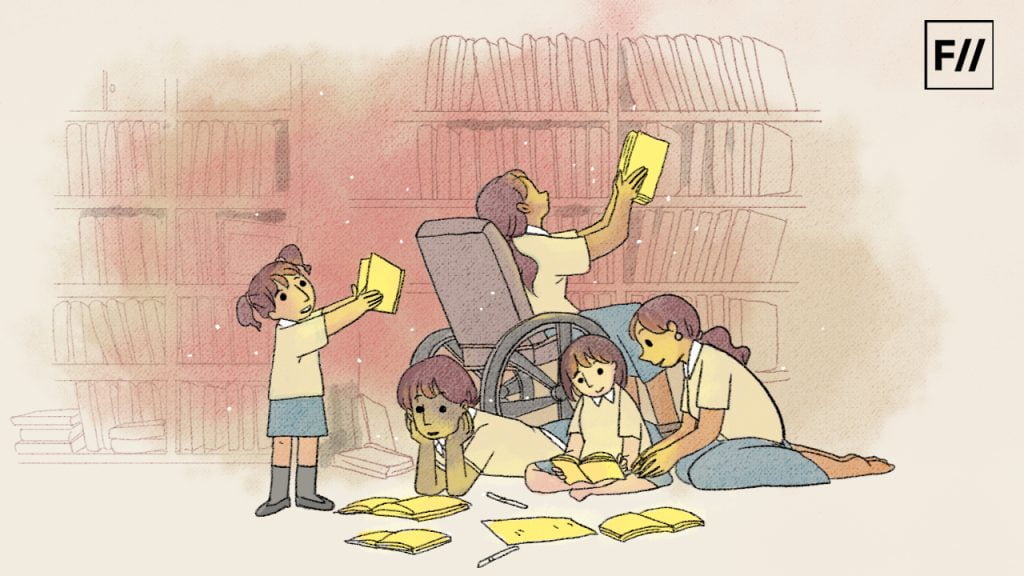
Nor has the Ministry Of Women and Child Development brought about any guidelines for schools to follow to prevent disabled students from being bullied. It is also unclear what steps the Government has taken in the rehabilitation of disabled individuals who are mistreated by their families. It is also vague that if the government has taken any significant steps to set up shelter homes for disabled individuals facing abuse and neglect at their homes.
There is also a greater necessity to increase the number of interpreters in schools, offices, courtrooms banks. Although the Indian Sign Language Research And Training Centre has trained over 1593 language interpreters: this is still an extremely small category given the estimated 50 lakh deaf individuals.
For more inclusivity awareness about disability rights needs to be introduced in the school curricula through separate textbooks. Universities need to have a separate and well-funded department of Critical Disability Studies across all central and state universities. However in an environment where UGC faces a grant reduction of 60 per cent and a mere 2.7 per cent of the budget is allocated for higher education along with inadequate infrastructure, neglect of budget for research and Development and increased privatisation.
The way forward
The experience with this budget and those preceding it clearly shows that a better quality of life and enhanced scope of choices for the PWD community is marginal in the country’s developmental discourse. The main reason for this is the lack of representation of Persons With Disabilities in the higher echelons of bureaucracy and decision-making. So we have abled (perhaps ableist) people making policies about individuals about whose lives they are poorly informed. This proves that change is not going to come from above.
The Disability Rights Movement needs to enter into horizontal alliances with the queer rights movement, the anti-caste movement, a movement for labour rights and the movements of Indigenous people. Progressive individuals and groups who are sufficiently privileged need to effectively pull in their resources to create associations of mutual aid like community kitchens, free healthcare centres, and providing mental health support resources to those who by themselves cannot procure it.
Trade unions need to accord more priority to disabled workers around issues such as fair pay, safe working conditions, protection from workplace hazards and compensation in case of accidents. Anti-caste organisations need to more radically advocate for the sub-categorisation of SCs, STs and OBCs along the line of disability.
Progressive Political Parties need to increase their budget behind separate disability rights cells and campaign more radically for inclusive treatment of PWDs within and outside their political parties. They must use the platform and mass support they have to pressurise the government to adopt more holistic measures to guarantee rights to the disabled community. Only collective resistance can ensure the total liberation of disabled individuals.
About the author(s)
Rohin Sarkar (preferred pronouns: he/him) is an eighteen year old teenager obsessed with critical theory, Anarchist studies and Ambedkarite literature. His passion other than academics include poetry by Faiz Ahmed Faiz and Habib Jalib along with Anarchist punk by David Rovics. He also enjoys Oxford style and British Parliamentary debating because it enables him to speak his mind without fear of being censured. When not studying or debating he is chatting on politics with his friends either on WhatsApp or in the college premises.
